Seven golden rules for selling a country house
With coronavirus now seemingly past its peak in Britain, we're tentatively beginning to look ahead to how life will get back to some kind of normal, post-lockdown — and that is true for those hoping to move house in 2020.
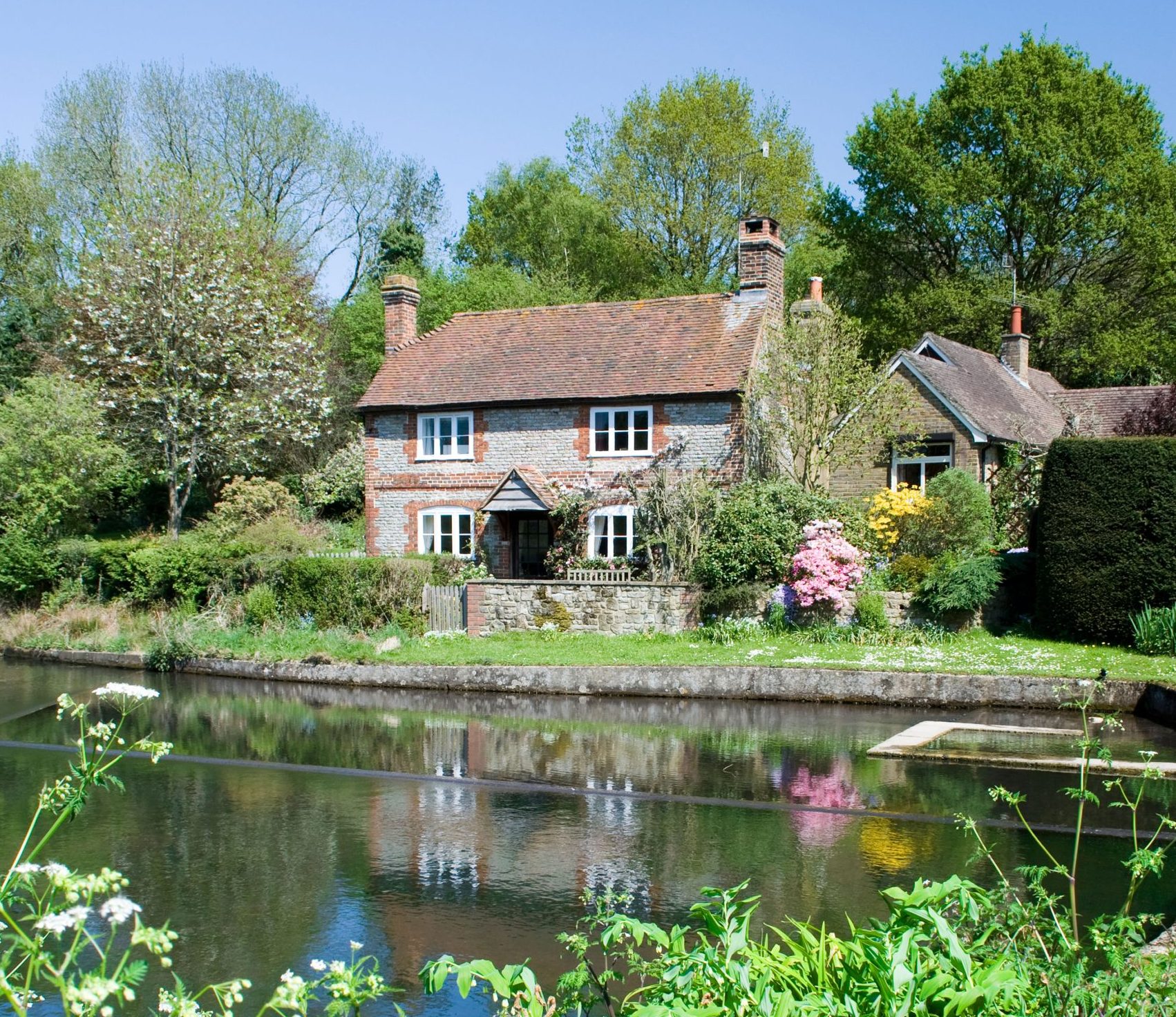
The impact of Covid-19 will be as profound on the housing market as it will be in every other area of life. "Our current forecasts indicate house prices may decline as much as 3% this year, before rebounding in 2021," says Simon Gammon, managing partner of Knight Frank Finance.
Thousands of people had been waiting for the Brexit question to be resolved before getting their move in motion; moves which have now been delayed again. On Friday morning the Bank of England reported that mortgage approvals in March were the lowest in seven years, prompting many in the property industry to call for stamp duty holidays and other supportive measures.
"The good news is mortgage lenders that had been in retreat a few weeks ago are starting to look beyond the lockdown," adds Mr Gammon, suggesting that people get applications in early "to avoid being at the back of the queue when restrictions ease".
The same goes for selling. While getting valuations and hosting viewing is not possible, there are many things that could — indeed, should — be done well ahead of time, if you're to get the most from your house when the time comes to sell. We spoke to Britain's top country house agents to get their advice on how to sell a country house – from presentation and security to tricks and tips on finding the right audience for potential buyers.
Rule 1: Find an agent you trust, and get them on board as soon as you can
Moving house typically takes between two and 12 months. It can be a stressful process, and perhaps come at a difficult time of life – so it’s critical that you find an agent you feel completely comfortable with. “You’ll probably have to have some difficult conversations at some point, and you want those conversations to be with somebody you like and trust,” says Nigel Mitchell, regional director in the Home Counties for Knight Frank.
The earlier you pick your agent, the smoother the process will be. Pictures can be taken in spring or summer even if you’re not ready to sell until the following January, and any legal issues with land title or perhaps tenants at the property can be smoothed out. “People who are putting their houses on the market have often been thinking about it for a year or even more,” says Lindsay Cuthill, head of the country house department at Savills. “We would hope that people would get in touch with us a few months before they want to put their house on the market.”
David King of Winkworth also advises choosing carefully: “Your agent must understand the property, work out who likely buyers are to be, therefore how best to market it and advise if any work should be carried out to the house or grounds so it can be best presented on the market at the highest price.”
Sign up for the Country Life Newsletter
Exquisite houses, the beauty of Nature, and how to get the most from your life, straight to your inbox.
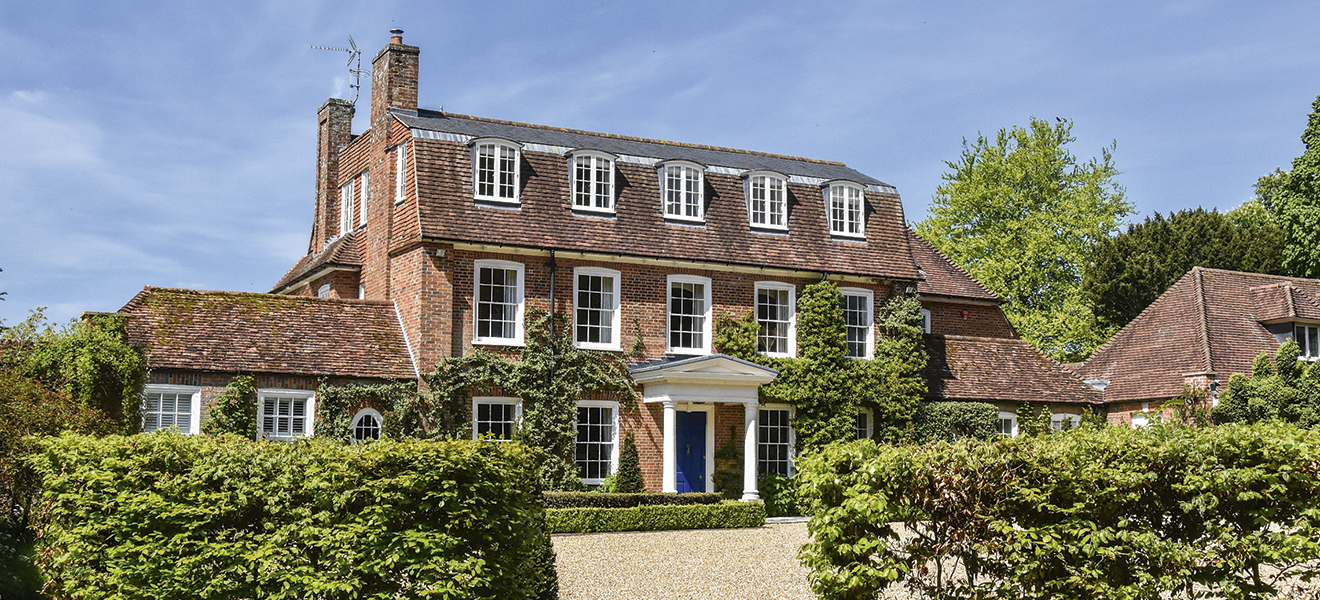
Rule 2: Get your house the widest and best possible audience
There’s a perception that as soon as a house is on the market and listed on the property portals, it’ll find it’s buyer regardless of the agent. Yet that’s simply not the case, as Dawn Carritt of Jackson-Stops & Staff points out.
“Web portals do a great job for those looking in a particular area and a certain price bracket. However when someone is looking for a specific style and realises they need to cover a wide area or maybe looking for something to restore searching by price does not really work,” she explains. And that is where Country Life comes in.
“Many of the readers of Country Life will read the magazine for months keep an eye on what is on the market knowing that when the right property comes to the market they will spot it,” she adds.
“In many instances it is miles from where they originally started looking but if the property is right that is what counts and where the agent’s presentation, the good photograph and well researched brochure all come together to achieve a successful sale.”
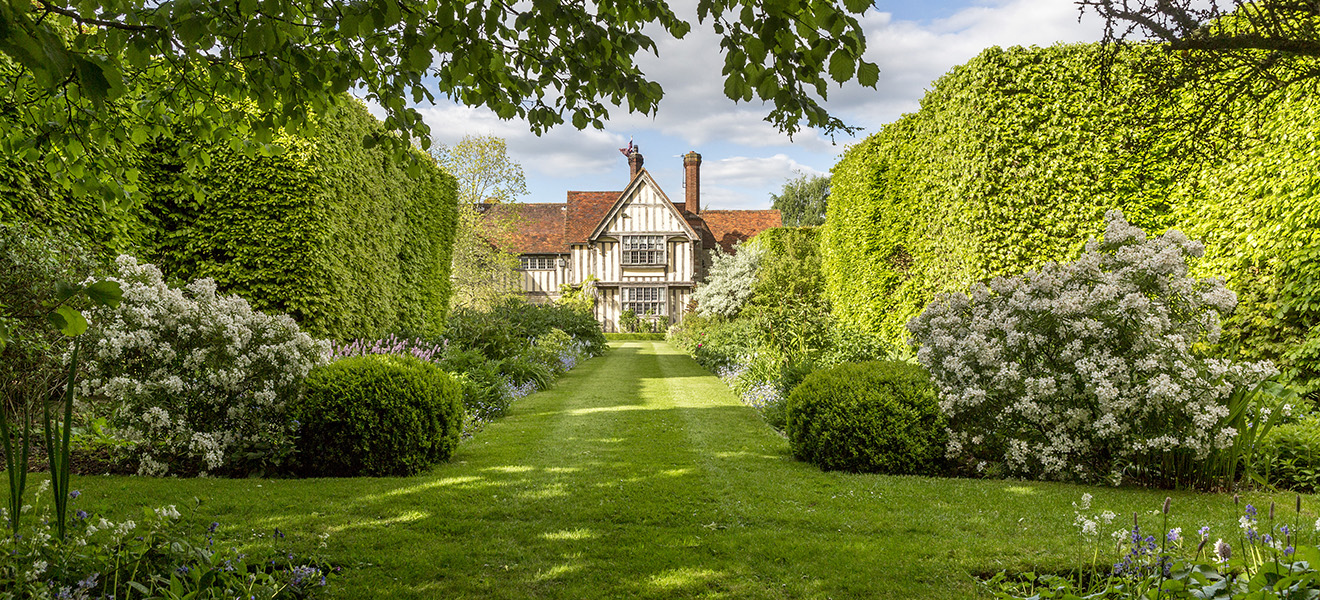
Your agent’s contacts book can be just as important in finding a buyer. Last year some 65% of the country houses listed by Knight Frank were sold to people who were already on their books – and Nigel Mitchell insists that the size and the global reach of your agent’s database can be crucial.
Getting that reach – both domestically and internationally – is something that Country Life helps with, as thousands of copies a week are sent across the world. “Country Life remains a showcase for Britain’s best houses,” says Lindsay Cuthill. “When you tell people that a property has been in the magazine you see people relax, as if they’re thinking ‘oh yes, this will be a nice house then’.”
Rule 3: Make sure the price is right
The discrepancies between prices quoted by different agents for the same house can be huge – often £1m or even more. And while the higher price might well be the right price, you need to know why there’s a difference.
Tempting as it might be, simply going for the highest price and lowest commission isn’t necessarily the right move: you might find yourself waiting a long, long time and ending up getting a lot less than you expected. An agent who prices your house right – and who can secure your house a prime spot in Country Life – can save a lot of stress and heartache in the long run.
“If you’re being flattered on price, you need evidence from your agent,” says Nigel Mitchell. “Not just two or three similar places, but a dozen or so. As the seller, you’ll be in a much better place if you get the price right.”
“You need to check the track record of whichever agent you choose,” agrees Lindsay Cuthill. “And challenge them to justify the price they quote, whether it’s £1m more or £1m less than another figure you’ve been given. No two houses are exactly alike but there are enough out there to give a decent trading range. It’s a science, not an art.”

Jeremy Campbell-Harris of Humberts agrees, adding that too high a price will put buyers off as a property will sit on the market for months on end, and that a lower asking price can actually bring in a higher final deal: pricing your property lower than its market value will attract more interest from buyers and may also increase the chance of competitive bidding,” he points out. “Ultimately, it can drive the price up.”
That’s not just estate agent bluster, either: James Mackenzie of Strutt & Parker’s country house department offers a concrete example of the strategy working: “We sold a house earlier this year that had been on the market for three months with no offers,” he says.
“When we dropped the price by 5% it went to sealed bids that week and it actually sold for the original guide price.”
Rule 4: Present your house beautifully
It almost goes without saying these days that beautiful photography is critical in selling your house – and Chesterton Humberts carried out research a few years ago which used special cameras to monitor users’ reactions to great pictures. “The evidence shows that we can’t help but look at pretty houses,” James Grillo told us at the time. “They’re no different from a Ferrari or a Rolex, or even the Mona Lisa - our eye is drawn to those things we find aesthetically pleasing.”
There’s no point having beautiful pictures of a messy house, however: Jeremy Campbell-Harris of Humberts insists that “decluttering is the key to selling your house. Buyers want to see clean and spacious houses so they can plan their move and picture how they might want each room.”
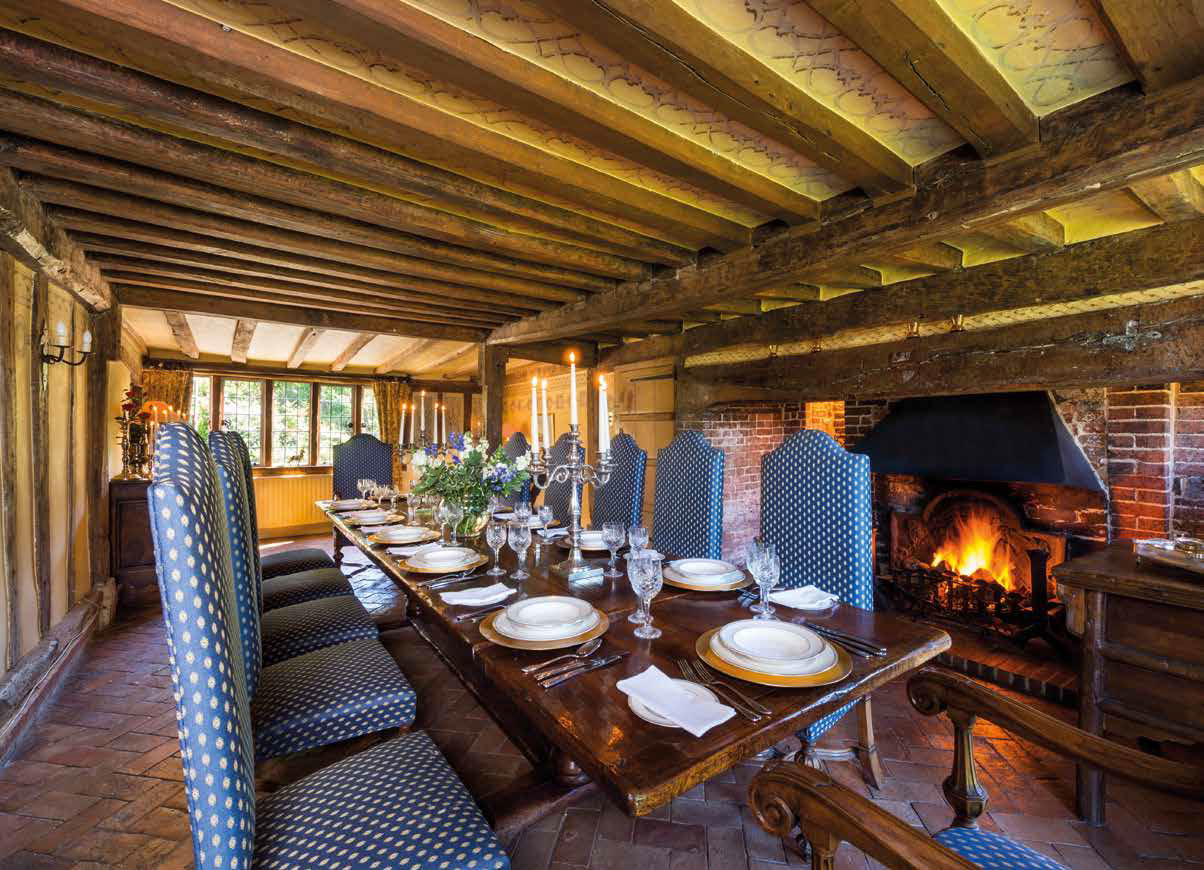
Jeremy also suggests getting around to all those little DIY jobs that you might have been putting off for years: touching up the paint, mending the wobbly banisters and making sure that there’s nothing that will put buyers off.
The garden is equally important, according to Nigel Mitchell. “You could have a lovely, pretty cottage needing modernisation and people will be happy to take it on,” he says. “But if a garden looks out of control, they’ll start to imagine all their free time being dominated by getting on top of it. Often they’ll just walk away.”
Rule 5: Don’t over-do the gimmicks – or the de-cluttering
“A house must looked lived-in. People want to be able to imagine themselves living there,” says Nigel Mitchell. Clearing away the junk and leaving a beautifully clear space might be recommended on TV property shows, but in real life – and particularly in country houses – it’s completely counter-productive.
A flashy city flat might look wonderful with clear surfaces and minimal furniture, but country houses shown that way will look anti-septic and unnatural. The key is to present the house nicely but keep it cosy and homely.
“Rooms should be tidy but not to the point that a house feels unfriendly,” says Dawn Carritt.
“It is important that young children’s toys are not left as a potential hazard but that does not mean children have to stop playing when the house is on the market.”
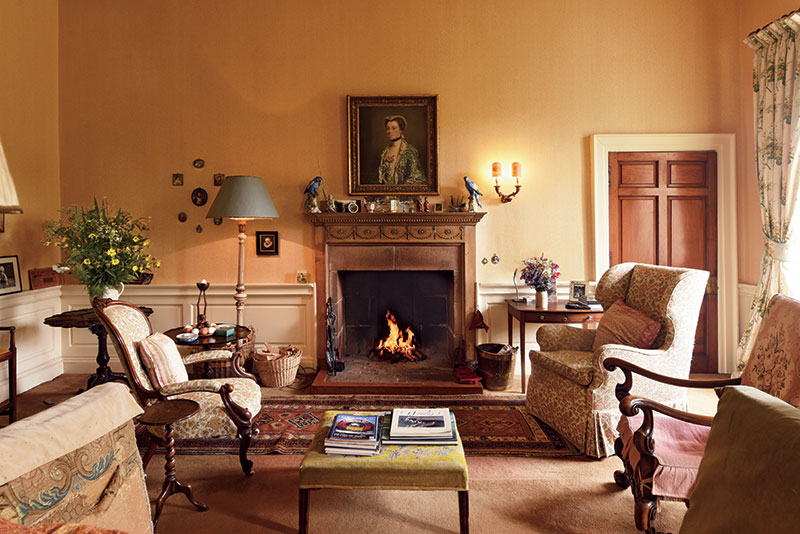
Edward Church of Strutt & Parker agrees. “Don’t forget you’re selling a lifestyle and a dream, so you don’t want to show a sterile environment,” he says. “If it’s a family home, then it may be better for it to look lived in.”
You also need to tread carefully with technology. While beautiful photography is hugely important, videos have to be treated carefully: a 20-second clip taken from a drone can be a terrific way of giving an impression of a property’s size or position, but ‘lifestyle’ videos which show happy families lacing up their walking boots or close-ups on sausages on the barbecue are ridiculous and turn people off.
Rule 6: Talk up the extra benefits in and around your property
With the best country houses spread across the country, buyers won’t always know or appreciate everything on offer – and James Mackenzie of Strutt & Parker is a strong advocate of making that you tell them. “Talk up ‘outstanding’ Ofsted rated schools that are nearby and mention if you are in key catchment areas,” he says.
And don’t forget to press home any potential extras: derelict barns that can be converted, or outbuildings and land that could be spun out into separate lots. “Lotting can be attractive as the initial price looks more attractive,” he explains. “Take away the woodland and parcel that up, and then the pasture, and then the house and gardens, and so on, and the price will suddenly seem more manageable.”
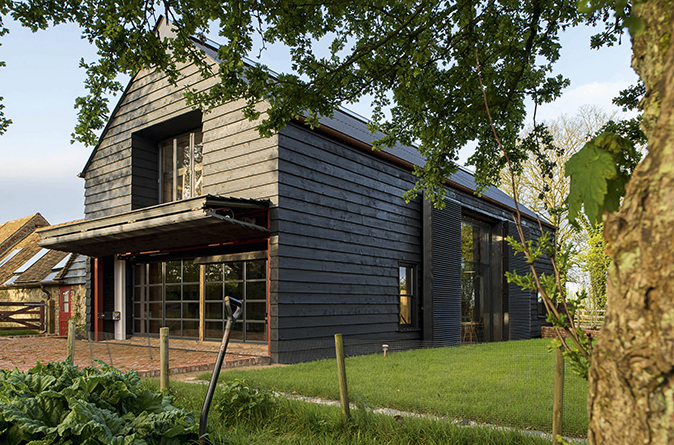
Rule 7: Don't forget about security
Despite the odd scare story you’ll read in The Daily Mail, burglars casing joints by posing as house buyers is mercifully rare, and the agents we spoke to have gone through whole careers without coming across a burglary at a house they’re selling.
Yet that success isn’t just down to luck: make sure you go with an agent who’ll vet any potential buyers before showing them to your home. Nigel Mitchell says that Knight Frank will never take somebody to view a house if all they have is a mobile phone number – they’ll insist on having details of an address, a landline number and other verifying details. Make sure your agent is equally stringent.
Dawn Carritt also cautions that security is an issue with the pictures: “Care needs to be taken with security to make certain valuable items are not shown in photographs,” she says. “Put a gentle filter over an item so it cannot be recognised, or take the photograph from a different angle. A vase of flowers on the table can set a room off just as well as a piece of silver.”
Find beautiful houses for sale with Country Life
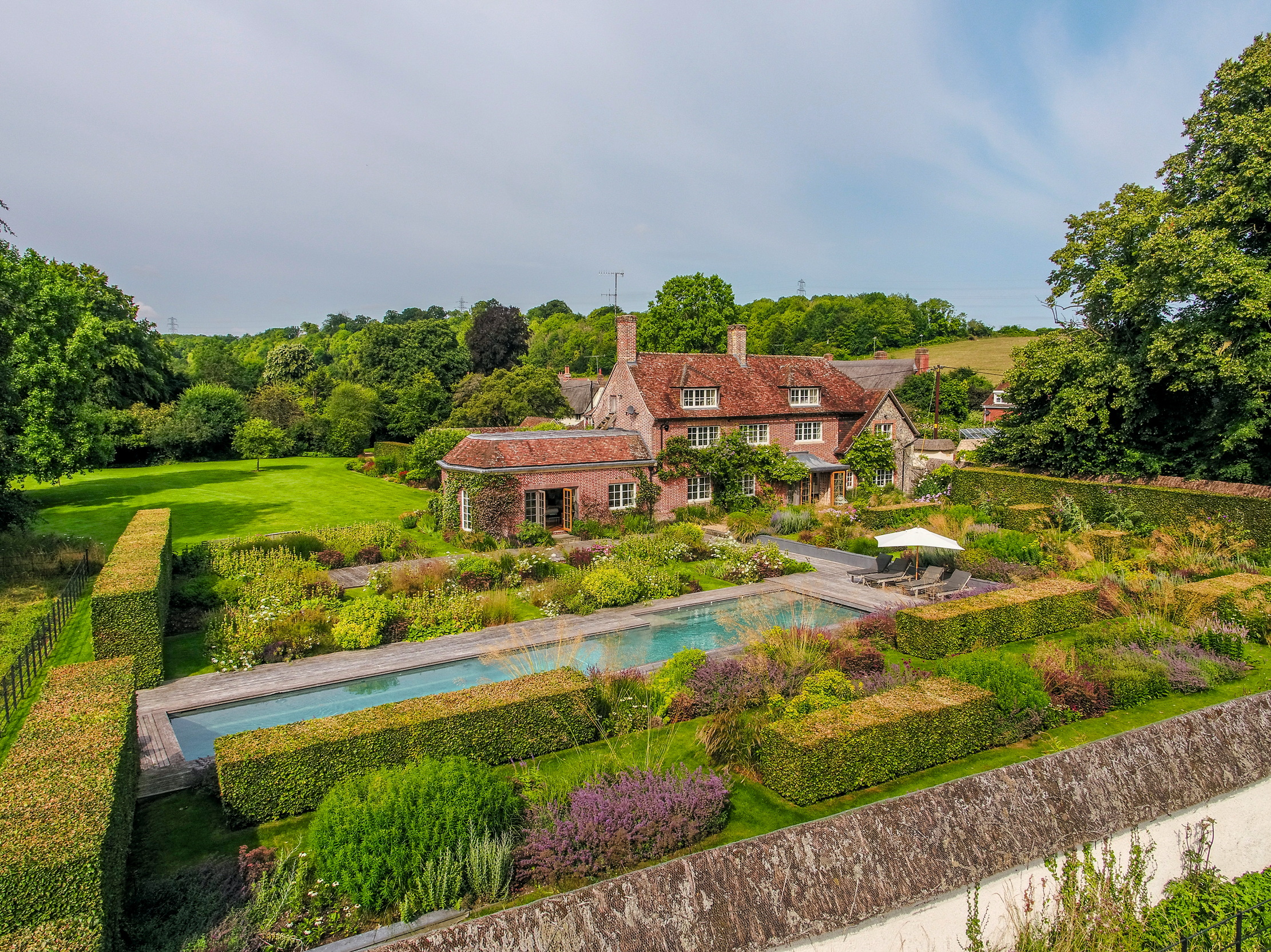
Credit: Strutt and Parker
Best country houses for sale this week
An irresistible West Country cottage and a magnificent Cumbrian country house make our pick of the finest country houses for
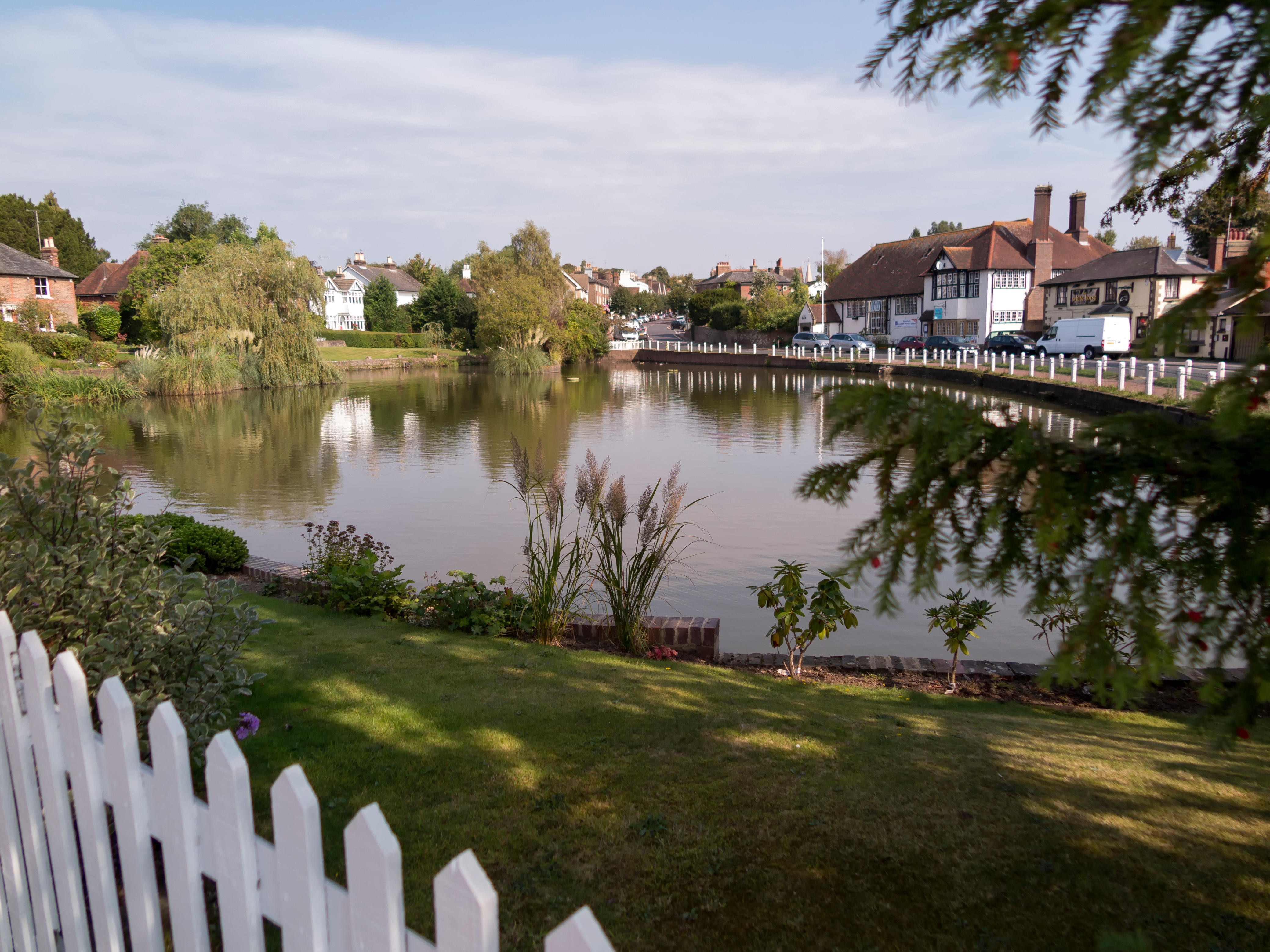
The 50 best places to live near London
Where are the best villages, towns and small cities which are a pleasure to live in, but still offer a
Toby Keel is Country Life's Digital Director, and has been running the website and social media channels since 2016. A former sports journalist, he writes about property, cars, lifestyle, travel, nature.
-
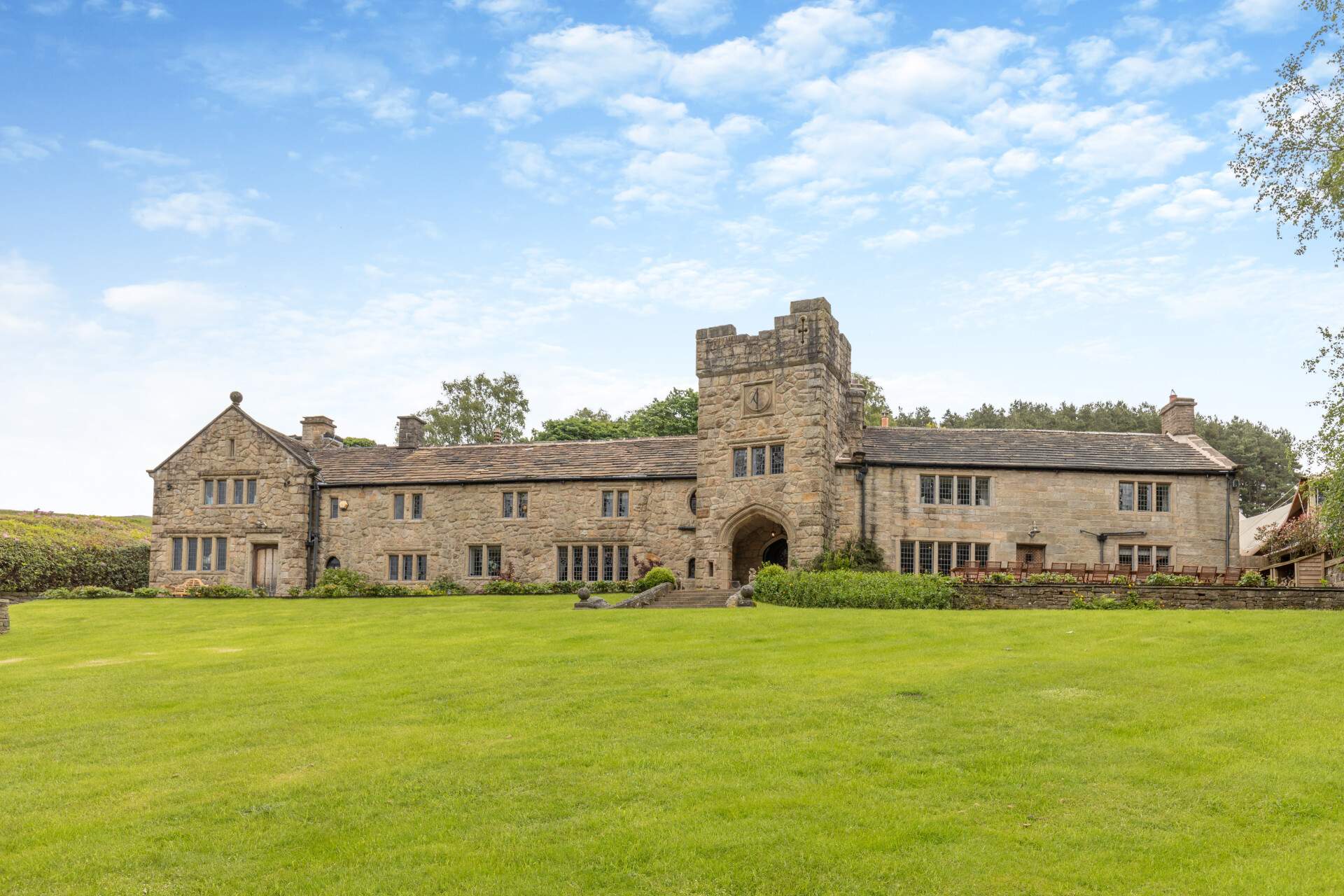 Some of the finest landscapes in the North of England with a 12-bedroom home attached
Some of the finest landscapes in the North of England with a 12-bedroom home attachedUpper House in Derbyshire shows why the Kinder landscape was worth fighting for.
By James Fisher Published
-
 The Great Gatsby, pugs and the Mitford sisters: Country Life Quiz of the Day, April 16, 2025
The Great Gatsby, pugs and the Mitford sisters: Country Life Quiz of the Day, April 16, 2025Wednesday's quiz tests your knowledge on literature, National Parks and weird body parts.
By Rosie Paterson Published
-
 Some of the finest landscapes in the North of England with a 12-bedroom home attached
Some of the finest landscapes in the North of England with a 12-bedroom home attachedUpper House in Derbyshire shows why the Kinder landscape was worth fighting for.
By James Fisher Published
-
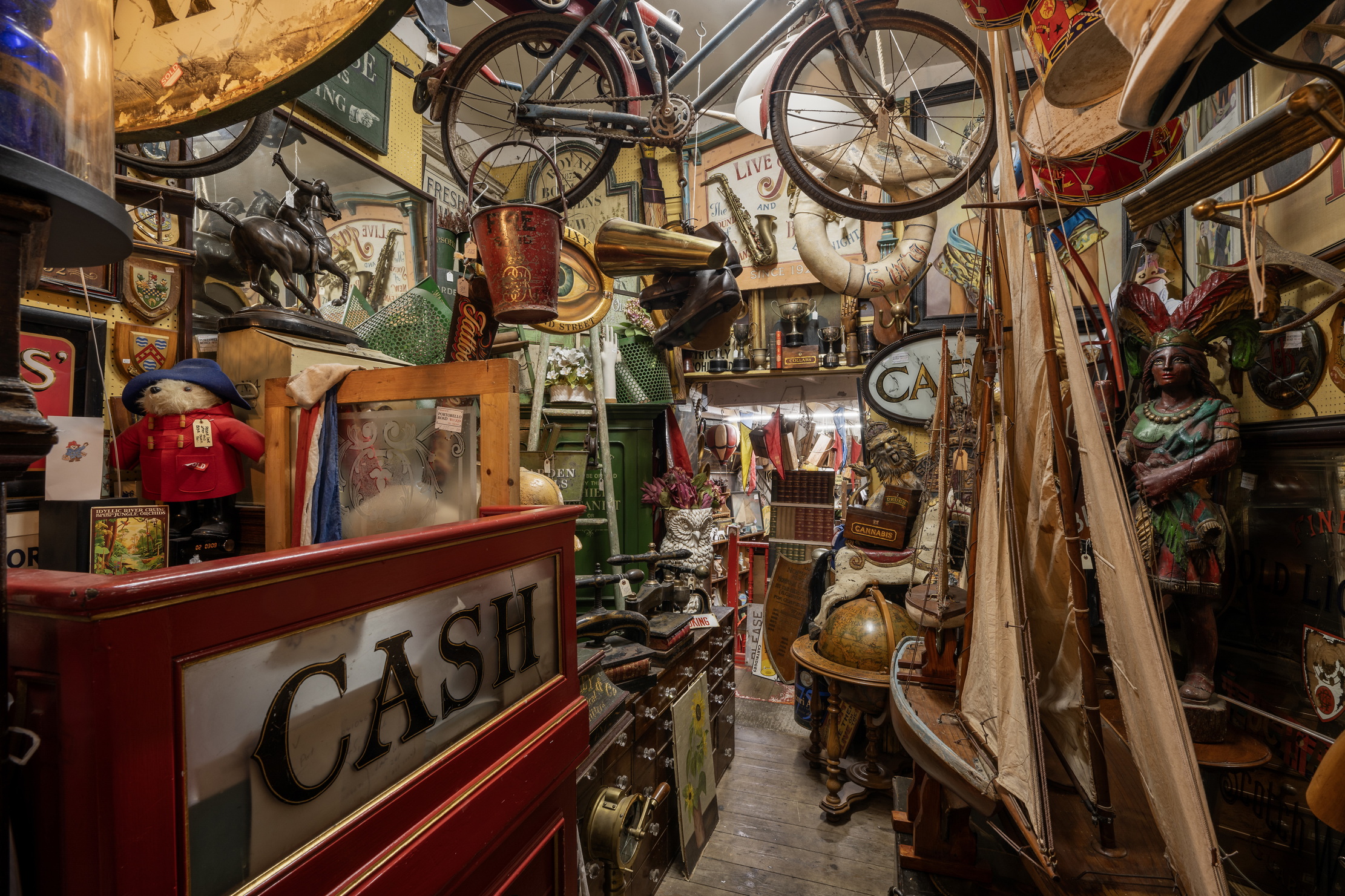 Could Gruber's Antiques from Paddington 2 be your new Notting Hill home?
Could Gruber's Antiques from Paddington 2 be your new Notting Hill home?It was the home of Mr Gruber and his antiques in the film, but in the real world, Alice's Antiques could be yours.
By James Fisher Published
-
 What should 1.5 million new homes look like?
What should 1.5 million new homes look like?The King's recent visit to Nansledan with the Prime Minister gives us a clue as to Labour's plans, but what are the benefits of traditional architecture? And can they solve a housing crisis?
By Lucy Denton Published
-
 Welcome to the modern party barn, where disco balls are 'non-negotiable'
Welcome to the modern party barn, where disco balls are 'non-negotiable'A party barn is the ultimate good-time utopia, devoid of the toil of a home gym or the practicalities of a home office. Modern efforts are a world away from the draughty, hay-bales-and-a-hi-fi set-up of yesteryear.
By Madeleine Silver Published
-
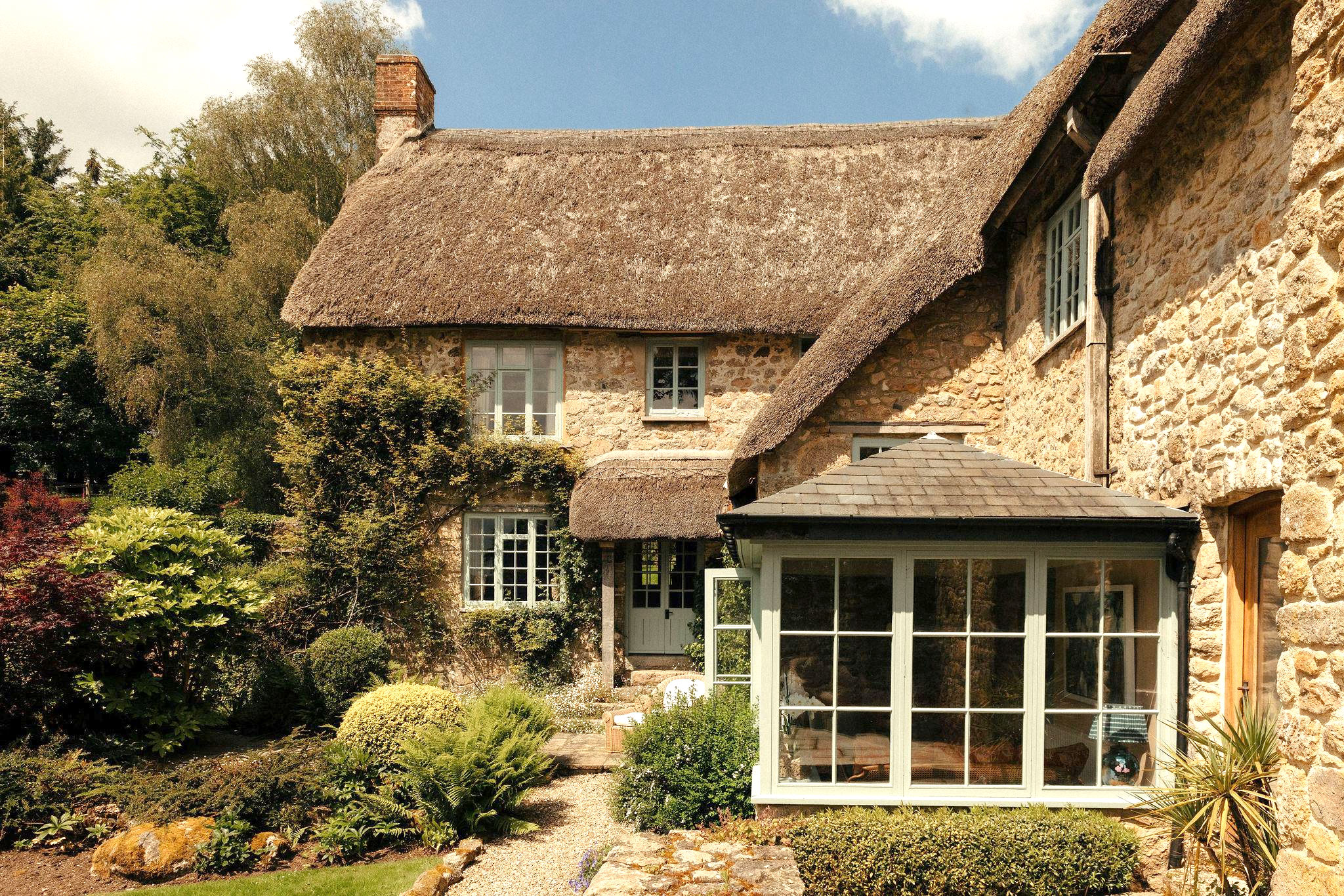 Five beautiful homes, from a barn conversion to an island treasure, as seen in Country Life
Five beautiful homes, from a barn conversion to an island treasure, as seen in Country LifeOur pick of the best homes to come to the market via Country Life in recent days include a wonderful thatched home in Devon and a charming red-brick house with gardens that run down to the water's edge.
By Toby Keel Published
-
 The finest interiors in Edinburgh? A seven-bedroom townhouse furnished by Robert Kime comes to market
The finest interiors in Edinburgh? A seven-bedroom townhouse furnished by Robert Kime comes to marketSituated on one of the New Town's grandest terraces, this four-storey property is a collector's dream.
By James Fisher Published
-
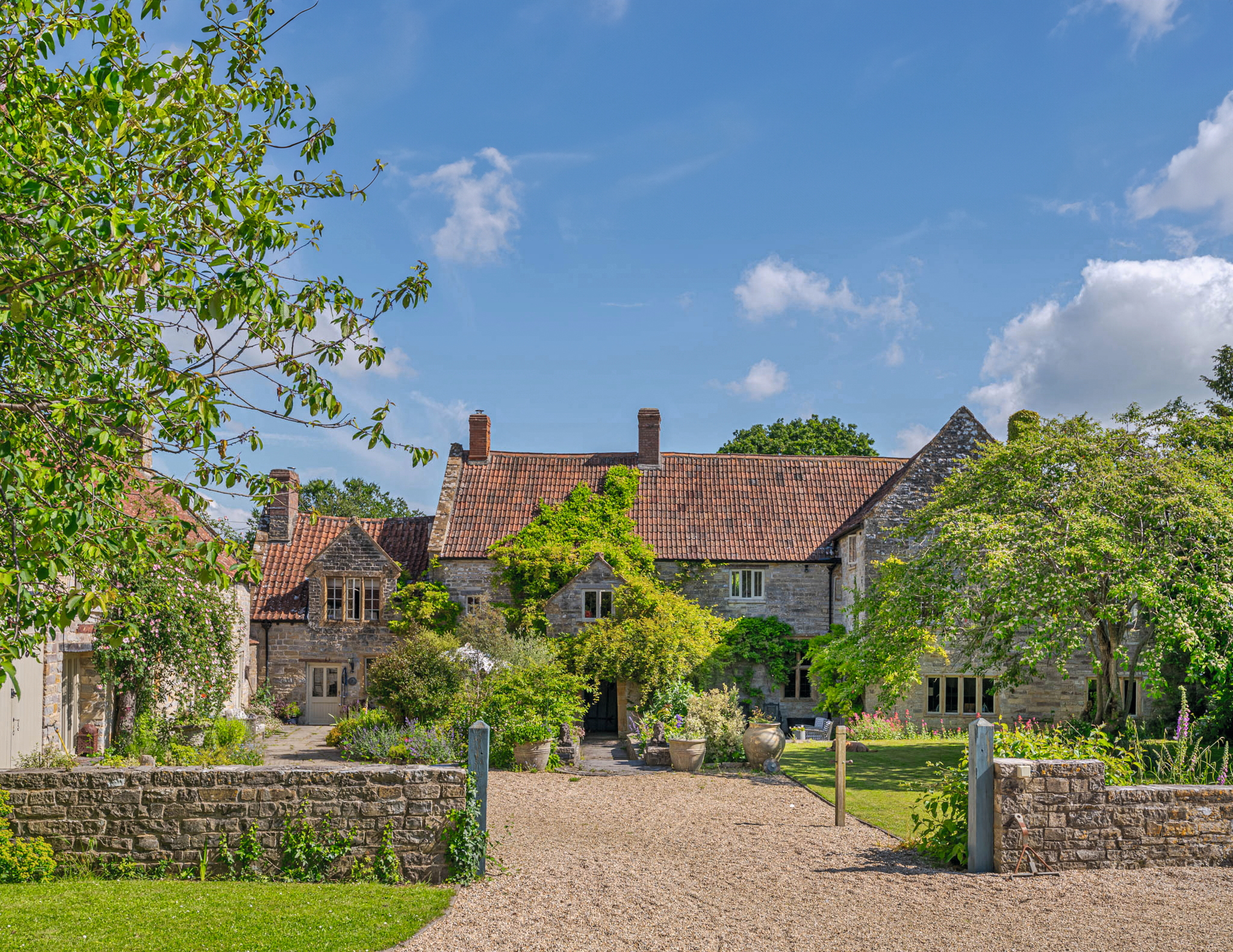 A Grade II*-listed country manor with one of the most beautiful drawing rooms in England
A Grade II*-listed country manor with one of the most beautiful drawing rooms in EnglandIf Old Manor Farm in Somerset is good enough for Pevsner, it's good enough for you.
By Penny Churchill Published
-
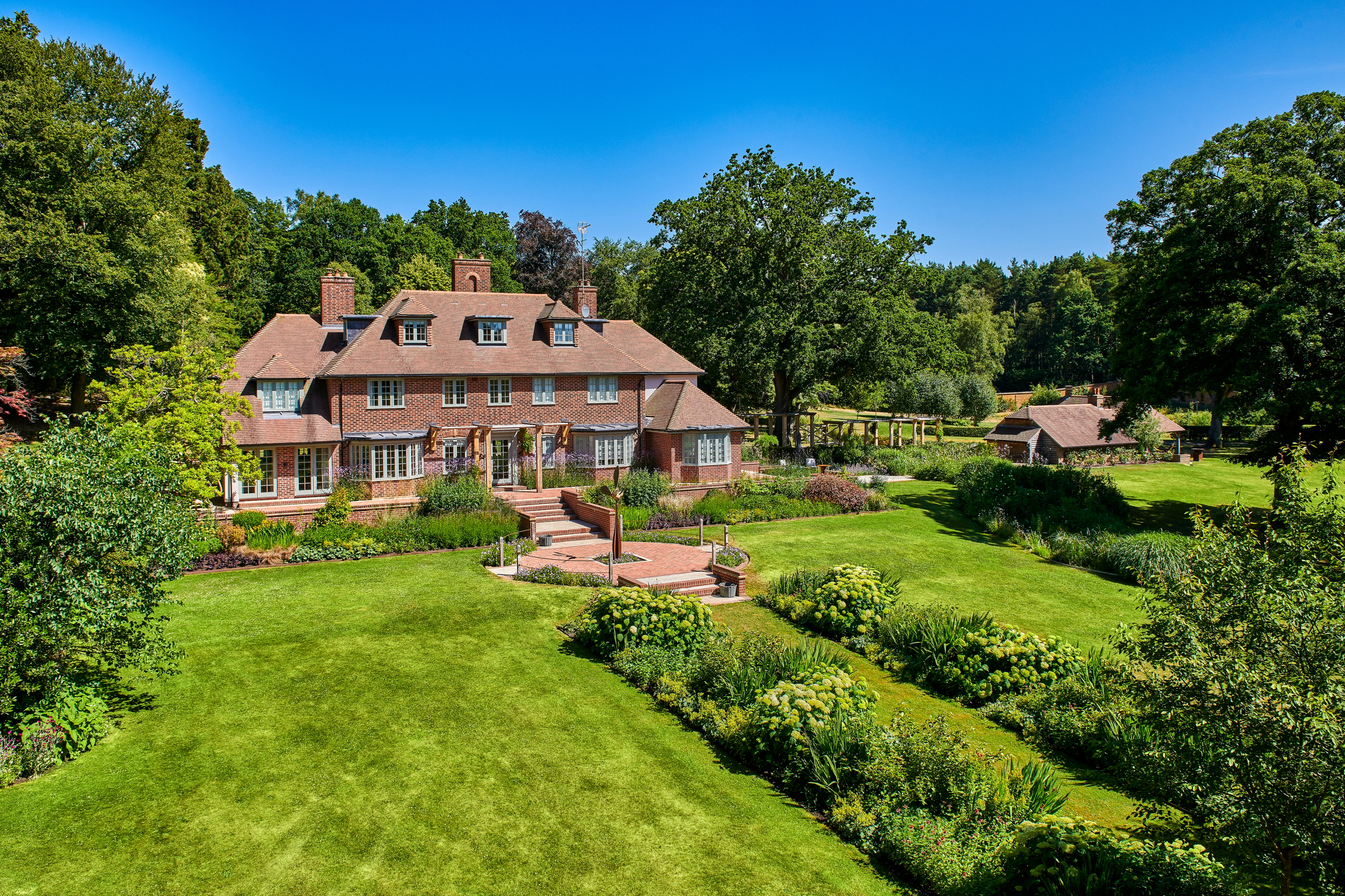 An eight-bedroom home in Surrey where an army of robots will look after your lawns
An eight-bedroom home in Surrey where an army of robots will look after your lawnsDo not fear the bladed guardians of Monksfield House. They are here to help.
By James Fisher Published

